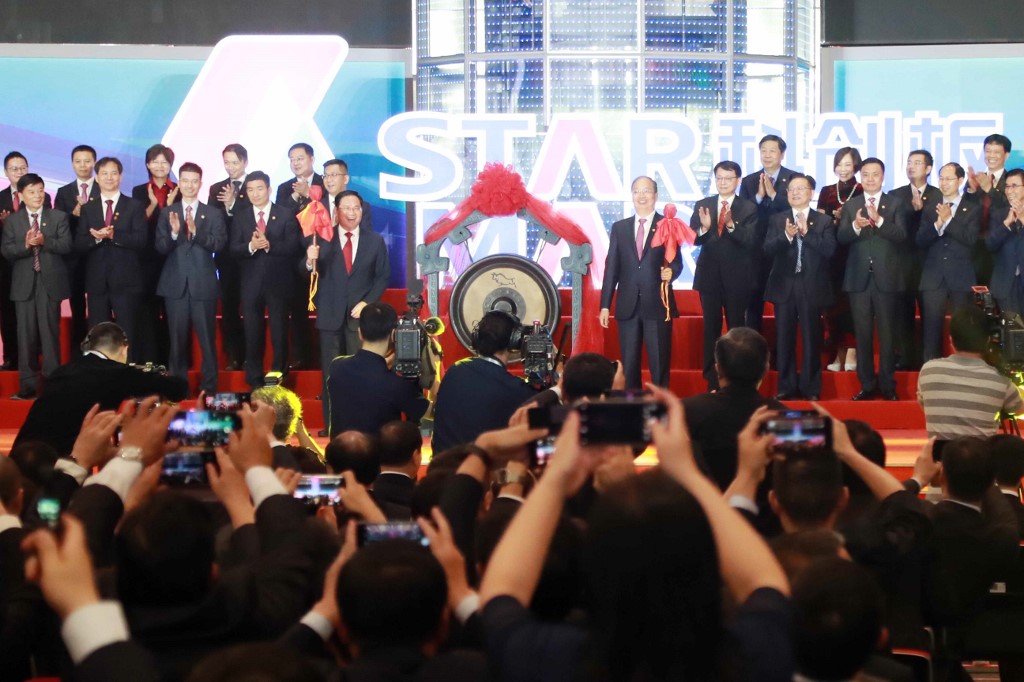(ATF) China’s State Council Finance Committee has met twice over the past 10 days to discuss the country’s capital markets. The stated primary goal of the meeting was investor protection, which led to speculation that listed firms were hiding losses, including debts related to the coronavirus, and that regulators need to shine a light on developments.
It also indicated that the new securities law will be revised soon. But in a country where hiding factual information goes to the highest levels, can Chinese companies be forced to be transparent and fully open in a country where secrecy is a part of its modus operandi?
The twenty-sixth meeting of the State Council’s Financial Stability Development Committee (or FCCC) on April 15 focused on the issue of strengthening investor protection in capital markets. This was the committee’s second get-together on this issue in 10 days, indicating there is something urgent that needs addressing. The Finance Committee meeting held on April 9 proposed that the capital market should play a pivotal role and have a special emphasis on enhancing market activity, the Economic Observer reported.
Yang Zichang, chief strategy analyst of the Bank of Communications, said the key points that came out of the meeting were improving the quality of listed companies and that information disclosure is a top concern.
“We must strengthen information disclosure and increase the frequency, comprehensiveness and pertinence of information disclosure,” Yang Zichang said. “Affected by the epidemic, the industrial chain of some listed companies will be affected, and some companies may also be affected in the progress of resuming production. For example, business performance fluctuations and revenue decline are normal phenomena. Listed companies must not hide, choke or commit fraud, and must disclose to the market information in a timely manner to give investors psychological preparation.”
Suzhou Securities’ Chen Li said that improving the multi-level capital market and developing the real economy are core issues and that the capital market needs top-level design and planning.
In the A share stock markets, small and medium-sized investors make up more than 95% of shareholders in China’s securities market. They have become the most important group whose rights and interests are “being damaged”, according to the Economic Observer.
The debate generally surrounds whether to improve the quality of listed companies or to strengthen investor protection.
In the eyes of many industry experts, it is better to use the function of capital market resource allocation as a lever to manage the system. Galaxy Securities’ Xun Yugen has implied that investors need a better understanding of the financial system and “education”.
























